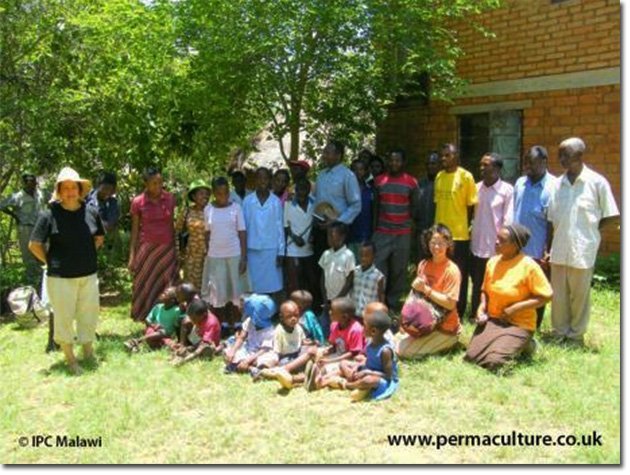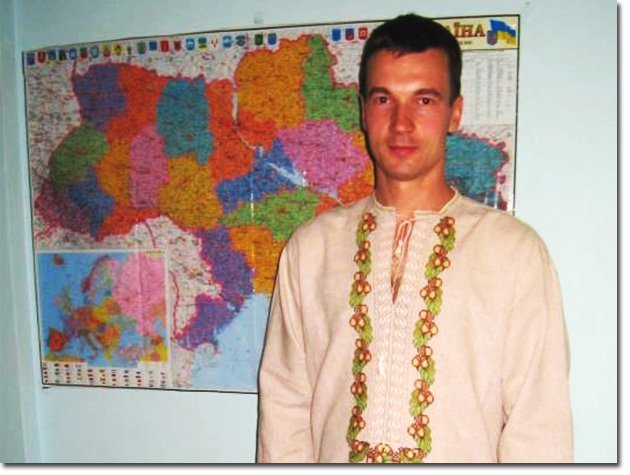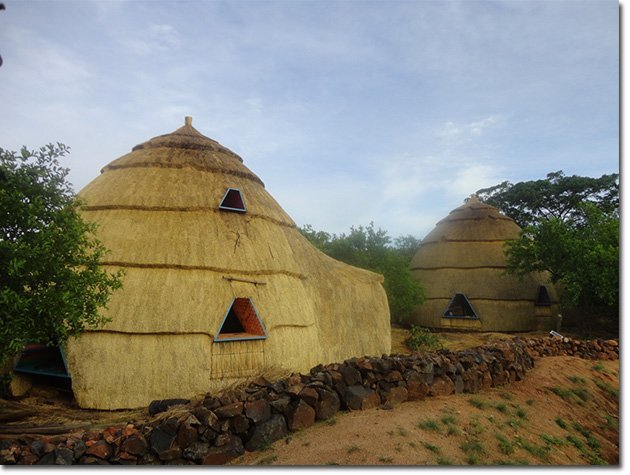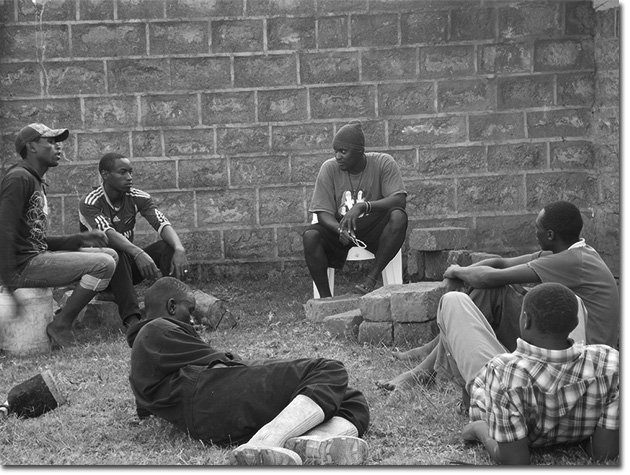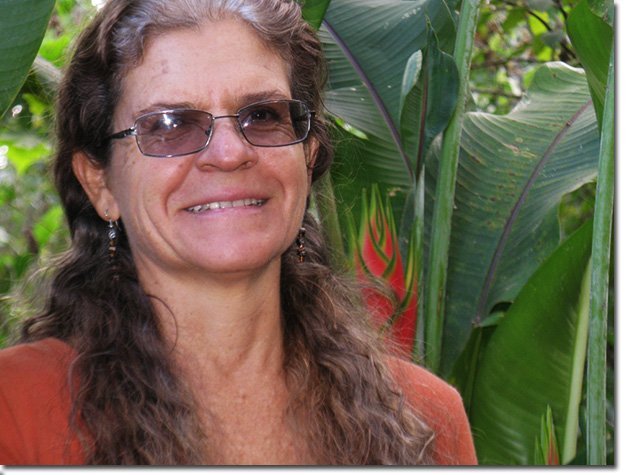Permaculture Design Transforming the World
The International Permaculture Convergence (IPCUK) in September will bring together practitioners from across the globe to share ideas and solutions that can be used to transform our futures. Can you help bring these global practitioners to the convergence?
In September this year, the International Permaculture Convergence – IPCUK – will bring together permaculture practitioners from around the globe. From ‘the front lines in climate change’, hopeful scholarship applicants tell us their stories of how permaculture transforms landscapes and communities.
Can you help these people attend IPCUK? The Permaculture Association are aiming to send as many scholarship applicants to IPCUK as possible, can you donate to help them attend? Visit www.crowdfunder.co.uk/ipcuk-scholarships for more information. Closing date is 17th April 2015.
Ukraine
Co-founder of NGO ‘Permaculture in Ukraine’, Pavlo Ardanov modestly explains how they are currently running the international project ‘Permaculture for Peace’ in collaboration with the Crow Forest Farm, USA and Green Palestine. The aim is:
According to Pavlo,
Zimbabwe
The achievements of permaculture teacher, designer and conflict facilitator, Julious Piti, are almost too incredible to sum up in a few short sentences. A founding member of the Chikukwa Ecological Land Trust (CELUCT) in 1991; over 80% of the population of Chikukwa villages now practice permaculture, meeting their own needs with a surplus to share from the abundant mountainsides, formerly afflicted by deforestation and erosion.
In 2009 he facilitated a permaculture design project for a village of (just!) 5,000 on the shores of Lake Victoria, Tanzania. Now, as Director of PORET (Participatory Organic Research Extension and Training), Julious aims to replicate the strategies of CELUCT in the low rainfall area of Chaseyama, Zimbabwe.
Julious believes permaculture empowers communities towards self-help and practical solutions. In Zimbabwe, he hopes his teaching will help to,
Belize
Christopher Nesbitt and Celini Logan manage the Maya Mountain Research Farm in Belize. Founded in 1988, the farm is one of the oldest permaculture projects in Central America; demonstrating a 26 year transition from damaged cattle and citrus land to a model permaculture farm, turning degraded monoculture into a polyculture of over 500 species.
Recognising the importance of “teaching permaculture in a context that values indigenous identity” Chris and Celini have scaled up both their practical and campaigning activities since attending IPC Cuba. They feel they have learned how to better promote permaculture design rather than just specific tools and have engaged dozens of farmers in this learning. They have also introduced a year-long Permaculture Design Course for indigenous youth from communities not served by school buses, used permaculture in conversations about climate change mitigation with other NGOs and increased regional ties with visitors from Mexico, Guatemala and Trinidad.
Uganda
Since completing his Permaculture Design Course in Uganda, 2011, Muggaga Brian helped set up a training centre on a former dumping site on the edge of Kampala. Forever Forestry trains university students, organisations and community members in permaculture design and environmental issues, and has supported permaculture design installations and training at three orphanages and two schools for vulnerable children in Kenya and Uganda. Since growing their own food and cycling waste back into the system, “the orphanages reported that they have cut food expenses by about 15%”.
Forever Forestry’s latest campaign “We Build Soils” aims to combat the impacts of soil erosion and loss of fertility in Uganda resulting from rapid deforestation and mono-cropping, especially of tea and sugar cane.
Costa Rica
Founder member of Costa Rican permaculture network Red Permanezca, Paulina Chaverri describes the impact attending IPC Cuba had on her:
Since IPC Cuba, Paulina has run workshops on a huge diversity of topics, including how to make affordable biochar stoves for cooking, working with stingless bees, the contributions of rural women to adaptation to climate change, mud plastering and more.
Paulina believes it is important for permaculturists to connect internationally; as she puts it:
Help these people attend IPCUK
These five applicants are amongst more than 60 other people from across the Global South who want to attend the International Permaculture Convergence UK in September. The Permaculture Association is running a crowdfunder campaign to raise the money to bring as many of them as possible, not only to recognise (and learn from) the amazing direct impacts they are having through using permaculture, but to make sure the IPCUK is as diverse and inclusive as it can possibly be.
Discussions and designs for the next phase of international permaculture work will be all the richer for including perspectives from as many countries as possible. If you can help us make IPCUK an exempliary Fair Shares event, please support them.
Help spread the Permaculture word…



